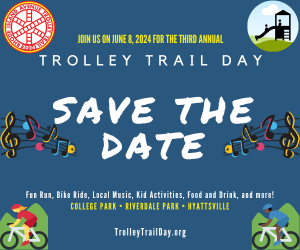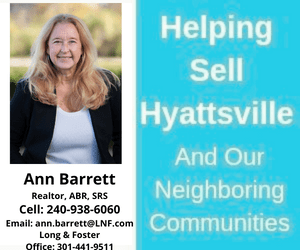By Catie Currie
Last week, my life turned upside down.
My husband and I were walking out of our apartment with our 2-year-old and infant, excited that we could take our toddler to his favorite store. We were stunned to find our reserved parking spot empty. After the initial shock and having to explain to our toddler that he wouldn’t get to go on the trip he’d been asking about for days, reality started to set in.
We had many immediate concerns on the surface. My husband was starting a 6-day work week schedule the next day and would need his car to commute, and our medically complex toddler had multiple appointments in the coming week that I would need to take him to. Our kids’ car seats were in the car, so we were still in a bind, even if we could find a ride. Our financial situation is precarious, making it difficult for us to replace car seats, much less a car. And our living situation is far from ideal, too; we need every penny we’ve saved to move when our lease is up.
All of these overwhelming concerns came to mind first, of course, but after that first day of panic and conversations with insurance adjusters and police, deeper losses began to surface. I drove that car to my first date with the man I would end up marrying, and I drove it to my wedding. Both of my babies came home from the hospital in that car. It was with me for all of the most significant moments in my life — and now it’s gone. My toddler’s special car toy and my baby’s favorite teether were both in that car. But the loss that’s been hitting me hardest is the loss of the stack of projects we had just picked up from our toddler’s art class. I prioritized bringing in the groceries and left that artwork on my dash, assuming I would be able to grab those treasures the next morning. The project at the top of the pile was this lopsided owl that I wanted to hang in my son’s play area. It may be silly, considering how significant the other concerns are, but I’ve been missing that owl every day.
My toddler’s traumatized, too, which breaks my heart and fills me with rage. A few days ago, he started crying, saying, “We have to turn around, we can’t go home, they took our home away.” His whole world feels unstable, and I can’t figure out how to love that kind of anxiety away, no matter how much I try.
Overall, I’m thankful for our safety. Carjacking is common in my area and I’ve been very anxious about what I would do in that kind of situation.
I reached out to retired police sergeant Kevin McSwain to learn more about how to protect myself against this type of crime. According to McSwain, there are practical steps we can take, including using anti-theft devices such as a steering wheel or brake lock, or a car alarm. A brightly lit area can deter thieves, and security cameras may offer added protection. McSwain also said community, itself, can play an important part. When people are out and about, watching out for each other, crime rates are typically lower.
McSwain walked me through what police do when a car is reported stolen. The vehicle’s VIN and plate number, along with a description, are entered into a database that will alert the police if the car gets towed or shows up in a routine traffic stop. The police use tag readers — devices that alert police officers on the road if a stolen car is located in their vicinity.
McSwain added that the vehicle recovery rate depends upon the purpose of the theft. Some people steal cars to go on joy rides or commit other crimes and leave the vehicles when they’re done. If a vehicle’s stolen for parts, though, recovery’s a longshot.
McSwain emphasized that one should not engage with a perpetrator. Property can be replaced; personal safety is paramount.
McSwain had strong advice about carjackings, too, which typically occur when a driver’s alone and distracted — say in a parking garage, loading things into the trunk. He said to be especially aware of surroundings and to note large objects, like dumpsters, or dark areas in a covered lot that could give someone a spot to hide. He noted that it’s wise to ask a friend or neighbor to watch out for you as you’re heading to your car, too.
If you do end up in a carjacking situation, McSwain advised to remember two words: cooperation and communication. The most important thing is to ensure that the perpetrator feels that they are in control; McSwain underscored that you have a better chance of being safe if they feel calm. Never attempt to fight the perpetrator, and cooperate with them to the extent you safely can.
As I reflect on my conversation with McSwain, I keep thinking about how much he emphasized vigilance. I plan on being much more aware of myself, my loved ones and my vehicle. And I hope that my story helps you become more aware and learn how to be safer, too.







